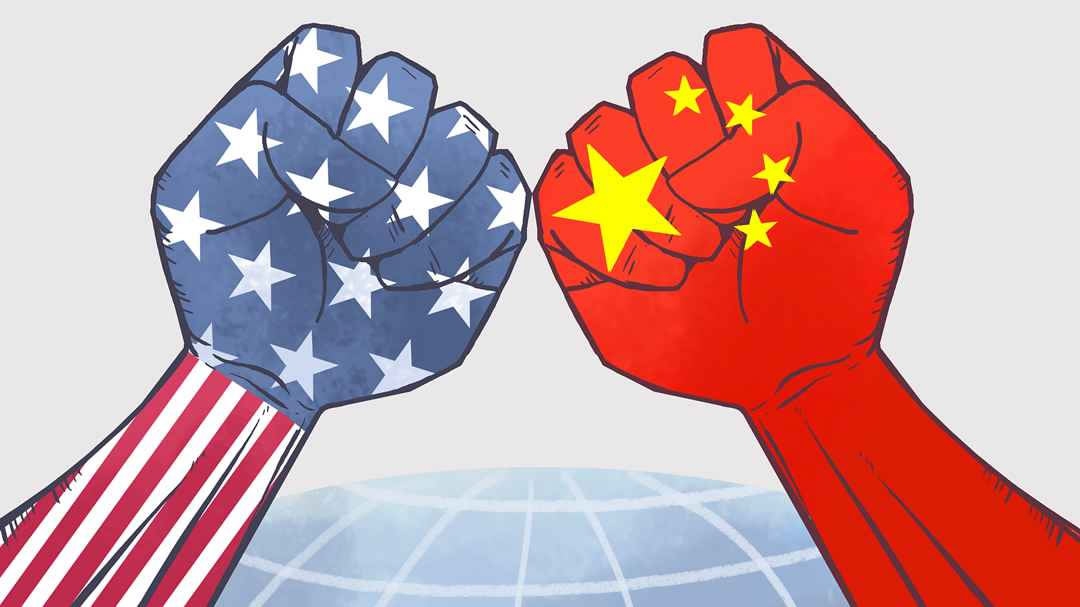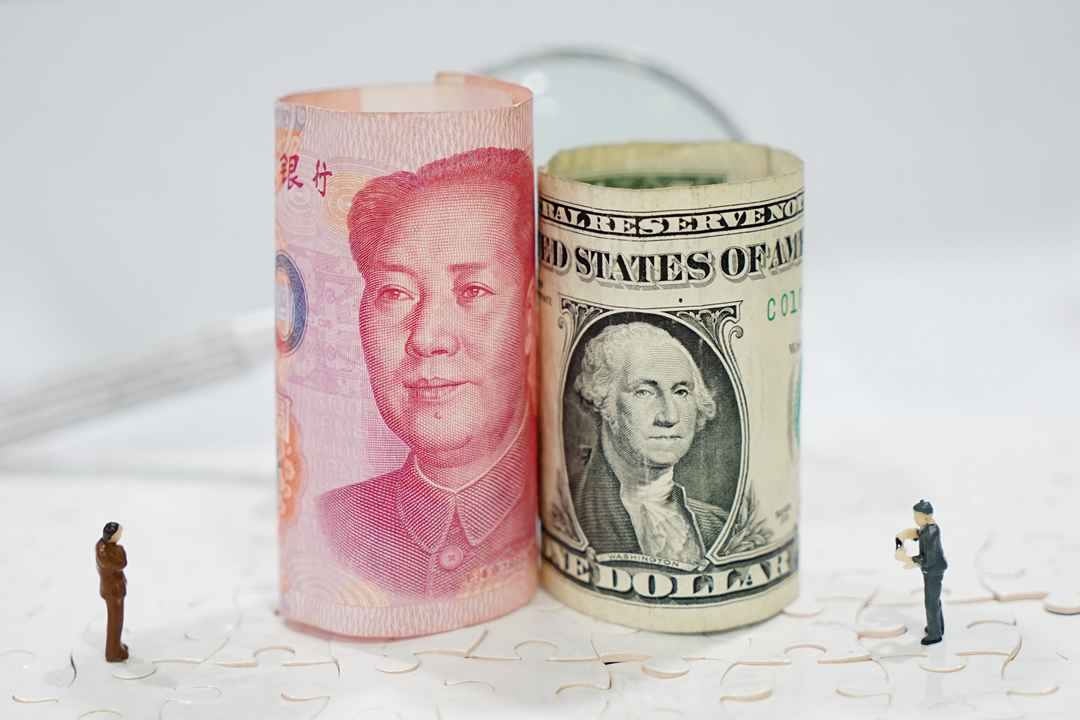
Business
23:16, 22-Mar-2018
China says will protect its legitimate interests as US plans to impose tariffs
CGTN

China has hit back at the US' so-called Section 301 investigation, the results of which are expected to be announced later on Thursday, as President Donald Trump is poised to impose heavy tariffs on Chinese imports.
The Chinese Ministry of Commerce released a statement on Thursday denouncing the looming move by Washington as trade protectionism, and maintaining Beijing will take all necessary measures to protect its legitimate rights and interests.
The America Trade Representative Office launched in August an investigation into Chinese intellectual property and technology transfer using Section 301 of the Trade Act of 1974.
The seven-month probe affects a large number of issues, such as two-way investment, cyber security and policies concerning industries and innovation.
It is understood that Washington is planning to slap high tariffs, worth up to 60 billion US dollars on over 100 items imported from China, mainly in the high technology sector. The reports have stoked concerns about rising trade frictions between the world's two largest economies, and possibly a trade war.

VCG Photo
VCG Photo
Tu Xinquan, dean of the China Institute for WTO Studies under the University of International Business and Economics is one of many who voiced their worry.
"China and the US are the two largest economies in the world. The world economy has just showed obvious signs of recovery, but a trade war is likely to break this trend. It will not only harm the economies of the two countries, but the global economy recovery."
Beijing has reiterated its stance on various occasions over its unwillingness to get involved in a trade war, noting that it benefits no one. However, it had stated it will never stand idly by if it is targeted.
Experts believe that if a trade war occurs, China has the ability and strength to fight.
"China is the largest trading partner of more than 100 countries. It is the largest emerging consumption market. Also, China’s industrial system is quite complete, ranging from low-end manufacturing to high tech products. Once a trade war occurs, China’s independent strength will be apparent," said Zhang Monan, senior fellow with China Center for International Economic Exchanges.
Experts say China has shown goodwill and sincere intentions to cooperate with the US, such as sending Vice Premier Liu He to the US last month to resume the China-US Comprehensive Economic Dialogue.
What is section 301?
It is an article of the US Trade Act of 1974. Some have called it the "nuclear weapon" of Washington to carry out trade protectionism policies, such as unilaterally imposing tariffs or other trade restrictions against foreign countries, by which the US could overstep World Trade Organization (WTO) agreement and any third-party rules.
It was once heavily used in the 1980s and the early 1990s, but the US rarely invoked the trade tool since the WTO came into being in 1995.
In the 1990s, Section 301 was challenged by a number of WTO members as contradictory to the WTO agreement.
"The 301 toolkit was retired for good reason. Bringing it back in 2017 is likely to be more deeply problematic to more firms in more places than many might expect," said Deborah Elms, founder and executive director of the Singapore-based Asian Trade Center.
Meanwhile, the global trading community has become increasingly concerned about the use of Section 301 as the US government acts as a police force, prosecutor, jury and judge in the process.
"It became no longer necessary really for the United States that they have to use that law, because now we have an effective dispute settlement system under the WTO," Chad Bown, a trade expert and senior fellow at the Washington-based Peterson Institute for International Economics (PIIE), told Xinhua.
(CGTN's Wang Hui contributed to this story.)

SITEMAP
Copyright © 2018 CGTN. Beijing ICP prepared NO.16065310-3
Copyright © 2018 CGTN. Beijing ICP prepared NO.16065310-3